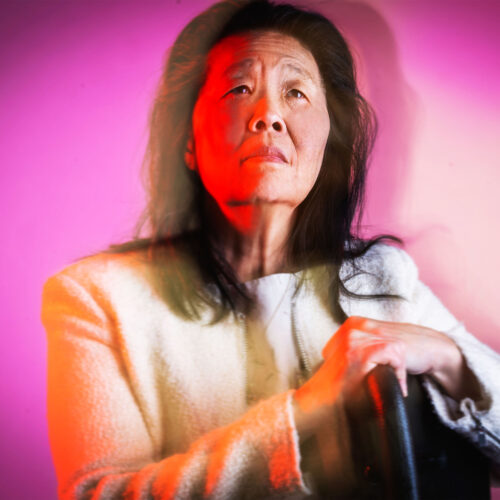Can We Find a Cure for Alzheimer’s Disease?
BU researchers are taking on this daunting question through a variety of approaches—and studying how to care for a growing population of people with the disease.



Perhaps it starts with a quick memory lapse—a blank space where a loved one’s name should be, or a mysteriously empty key hook right before heading out. These are normal moments of forgetfulness that accompany aging. But then maybe this forgetting gets more concerning: long-cherished memories suddenly disappear and don’t come back easily (or at all), or behavioral changes cause unexpected hostility toward friends and family. By now, it’s clear: this is no longer simple, age-related memory loss; this is something more complex. Something such as Alzheimer’s disease.
Around the world, more than 55 million people have dementia, the majority with Alzheimer’s, a degenerative brain disorder that’s the result of damage to the brain’s nerve cells and causes memory loss, behavioral changes, confusion, and deterioration of language skills. In the United States, more than 6.7 million people over the age of 65 are living with Alzheimer’s, according to the Alzheimer’s Association, and the likelihood of developing the disease only goes up with age. And, while there are a number of therapeutic treatments available to people with the disease, there’s currently no cure.
Will there ever be?
That’s the question a number of researchers at Boston University are tackling, and with vastly different approaches. Among many others, there’s Ann McKee, the William Fairfield Warren Distinguished Professor of Neurology and Pathology, who is searching for answers to Alzheimer’s at a genetic level; Wendy Qiu, a Chobanian & Avedisian School of Medicine professor of psychiatry who is exploring the causes of Alzheimer’s; and Ioannis Paschalidis, a College of Engineering Distinguished Professor of Engineering, who has developed an artificial intelligence–powered program to detect the disease. The University is also home to the Alzheimer’s Disease Research Center, one of 33 such organizations in the US funded by the National Institutes of Health to advance research on Alzheimer’s disease and related dementias. At the same time, other BU researchers are exploring ways to improve the quality of care for patients who currently have the disease, as well as build out resources for their families and caregivers.
Indeed, where some might see grim statistics and an uphill battle, dozens of geneticists, medical scientists, and other researchers at BU see opportunity—a chance to take on one of society’s greatest medical challenges. The Brink explores three approaches, by three different researchers, aimed at improving treatment, diagnosis, and care for people with Alzheimer’s. Read the full article by Molly Callahan here.
View all posts


